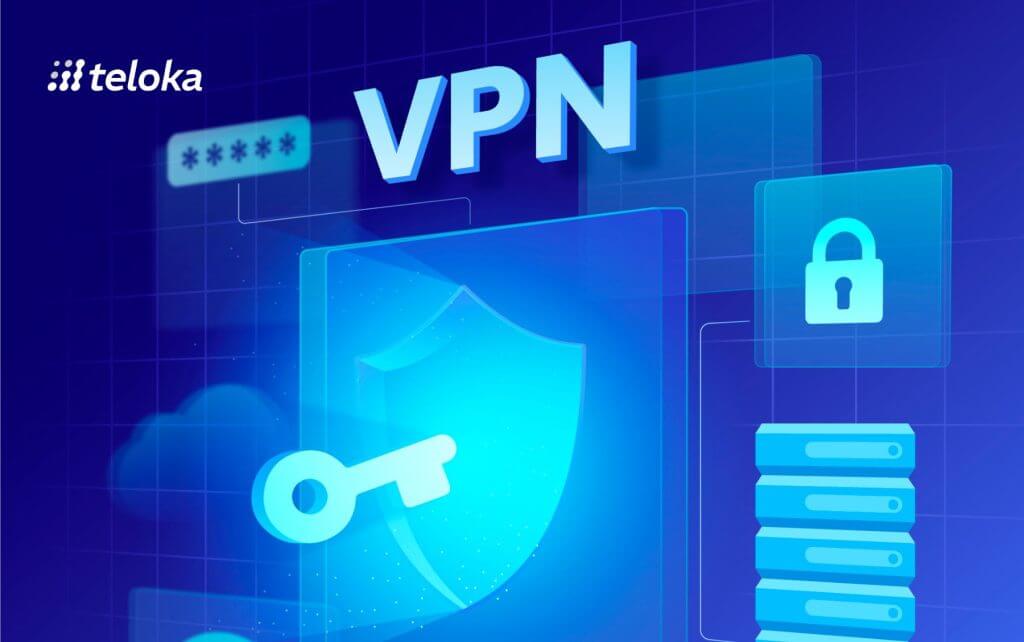Planning a trip to China in 2025? Learn if VPNs still work, what’s blocked, and how to stay connected behind the Great Firewall safely and legally.
China's censors remain among the highest in the world, and in 2025 the Great Firewall is more sophisticated than it has ever been. Travelers and expats will typically resort to VPNs to regain access, but there are also newer solutions like esim for travel to China and international eSIMs that offer different means of staying in contact. What follows is what is and isn't legal, what does and doesn't work, what to risk, and what are the top VPNs and China eSIM options now.
What is the Great Firewall of China?
China's "Great Firewall" (GFW) is China's national firewall that censors and manages internet access within mainland China. GFW isolates a significant amount of the global sites and services, e.g., Google, YouTube, Instagram, WhatsApp, etc.
To enforce censorship, several technologies are in use:
- Blocking of IPs (denying access to IPs of limited servers)
- DNS tampering (intercepting or redirecting domain name resolution)
- Keyword filtering (banned word or phrase searching)
- Deep Packet Inspection (DPI) (verifying traffic contents in order to spot VPN traffic or proxy)
- Port blocking (throttling of normal VPN ports or protocols)
Why VPNs Are Implemented in China

VPNs are widely used in China to bypass internet censorship and access restricted global platforms. Source - Freepik.com
These are among its chief uses:
- Open up social media and international news platforms such as YouTube, Facebook, Google services
- Remote work: availability of cloud-based programs like Google Workspace, Dropbox, Slack, etc.
- Stay in contact with family/friends using WhatsApp, Messenger, FaceTime, etc.
- Privacy while avoiding spying or censorship altogether
- Streaming global content: Netflix, Spotify, news channels, etc.
Do VPNs Still Work in China in 2025?
Short answer: Yes, with caveats. Not all VPNs are created equal, and no VPNs are under more stress and detection risk.
Issues are:
- VPN sites themselves aren't usually available in China, so it's not easy to download software or obtain new servers.
- App stores (particularly Apple's) in China can delete VPN apps, or block non-authorized ones.
- VPN traffic might either be throttled/blocked after being detected by DPI or blocked. Servers/protocols might get blacklisted.
Key factors behind successful VPNs

VPNs in China help protect user privacy and encrypt data while accessing restricted global services. Source - Freepik.com
- Successful VPNs use stealth or obfuscation technologies that disguise VPN traffic, making it appear as regular HTTPS traffic.
- Regular rotation of IPs so IPs don't get permanently blocked.
- Servers in proximity to China (e.g. Singapore, Japan, Hong Kong) in order to lower ping and increase speed.
- Strong encryption, no-logs policy, kill switch, DNS leak protection.
Is Using a VPN in China against the Law?
- Having a VPN in personal life is more of a gray zone. Foreigners are rarely penalised for simply having one, although it is illegal by law against unauthorized/licenseless providers.
- There are licensed VPNs by the government for specific purposes of work/enterprise. They are legitimate though usually need registration and are under supervision.
- Risks are service disruption, surveillance, and occasional checks of phones. Advertising or distributing VPN tools in public will draw attention.
What to Look For in a VPN for China (2025 Edition)
If you plan to use a VPN in China now, here's what to prioritize:
| Feature | Why It Matters |
| Obfuscation / stealth mode | Masks VPN traffic from detection via DPI. |
| Fast IP refresh / rotation | Helps avoid blacklists on known IPs. |
| Servers close by | Improves speed and lowers latency. |
| Strong encryption, no-logs policy | Protects privacy, especially in uncertain legal contexts. |
| Kill switch & DNS leak protection | Ensures traffic isn't accidentally exposed. |
| Multi-platform support | Mobile (iOS, Android), desktop. Useful if one app store blocks apps. |
| Backup/manual setup options | In case the app is blocked, manual configuration or mirrored sites help. |
Top VPNs That Still Work in China (2025)
Here are VPNs that many tests and users report still working well in China:
1. Surfshark - Renowned for excellent obfuscation software, good speed, and working reliably in many recent hands-on tests.2. NordVPN - Also strong with stealth protocols and a large network of servers.3. ExpressVPN - Long-established credibility, rock-solid in bypassing GFW, though sometimes more expensive. 4. VPN.ac - fewer users but good performance for bypassing censorship with more advanced features.5. Others - a few providers specialize exclusively in China's reliability. Always check current user reviews, as performance can rapidly change.
Can You Use a China VPN For Free?
Typically: not recommended. Free VPNs often:
- It has weak security measures or an unclear logging policy.
- Get blocked more quickly due to a smaller infrastructure.
- It can pose privacy or malware risks.
It is best to use paid VPNs with trial periods/money-back guarantees so that they can be tested in China.
How VPNs Bypass the Great Firewall
A few of the notable methods:
- Obfuscation / stealth protocols so VPN traffic looks like ordinary HTTPS or other common traffic.
- On TCP port 443, which is the same as HTTPS, it is harder to block without disrupting much of normal traffic.
- Frequent IP rotation so blocked IPs are replaced.
- Use of proprietary or stealth VPN protocols (e.g. stealth modes, custom tunneling) that are not so popular.
Troubleshooting: What to Do If Your VPN Isn't Working in China
- Switch protocol: for example, use TCP over 443 or use any stealth/obfuscation mode.
- Attempt to reconnect or transfer to a host.
- Use another network (mobile data vs WiFi), sometimes one works better.
- Contact VPN support; decent VPNs will possess mirror sites or email support that will continue to work within China.
- Have backups: another VPN, or manual configuration ready.
Are There VPN Alternatives in China?
Yes, alternatives to a VPN that individuals utilize, particularly tourists:
- Tor Browser - Severely limited in China, frequently blocked or slow. Not secure to stream with or to use heavily.
- Proxy Servers - Insecure, not encrypted, and often traceable.
- Shadowsocks - An open-source proxy program popular among tech enthusiasts; it does work, but requires setup and maintenance.
- Overseas travel eSIMs - Growing in popularity. A China eSIM can grant access to worldwide internet upon landing without having to configure/setup a VPN. Since data streams are usually not under mainland China's direct authority, overseas eSIMs will often evade restrictions.
E.g., traveling eSIMs can be pre-ordered, pre-loaded by QR code, and upon activation will grant you data coverage and also access to blocked services like Google, Facebook, WhatsApp, etc., and often without needing to resort to a VPN.
eSIM: A Closer Look
Since "eSIM for travel to China" is part of your focus, here are more details:
- It is a virtual SIM profile that you install on your device; there is no exchanging of physical SIM cards.
- Most of the travel/foreign eSIM operators also allow China eSIM plans that are activated upon arrival, providing data bundles, as well as prepaid plans.
- With a good travel eSIM, you could get unlimited access to most apps without having to install a VPN, depending on how your data is routed.
- Note: Most of the eSIMs will be data only; local phone numbers and SMS/calls by international eSIM will not be supported. In some cases, initial setup (QR code, email) will be required prior to arrival in China.
Bonus: Staying Safe When Using the Internet in China
- Test and install your VPN app(s) prior to traveling. Try out, if possible, by getting a friend in China or a server in a China-neighborhood location.
- Do not boast about using VPN on local Chinese sites or in open social media, in order to prevent needless attention.
- Activate 2-factor authentication (2FA) in valuable accounts.
- Have backup methods in place: perhaps a travel eSIM, or a second VPN subscription, perhaps a hand-config.
- Keep offline backups too: translation software, maps, etc. that will work offline in case connectivity does not work.
Last Thoughts
VPNs continue to function in China in 2025, albeit only if continuously updated, using obfuscation, maintaining clean server lists, and with good support. If traveling there or living, it often makes sense to match a good VPN with a travel VPN or China eSIM, which gives you typically the best setup. Set it up ahead of time, use good providers, and always maintain a backup plan, because that Great Firewall is continuously being developed. With Teloka, you can stay comfortably connected and access your favorite apps and websites in China without needing a VPN. Visit Teloka.com to explore the available China eSIM plans and find the one that fits your trip best!

